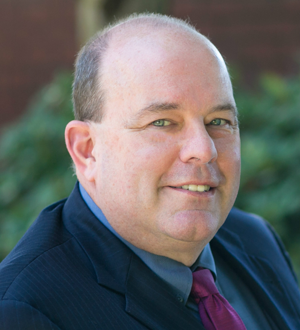Infrastructure is neither a fun nor sexy topic. You often do not see infrastructure being built like you see the building of a high rise. Outside of roads, it is hardly visible except for those moments when construction limits our mobility temporarily. However, serious infrastructure investment is needed to avoid harmful repercussions for our children and grandchildren.
Infrastructure costs enormous sums of money to install. Government has been doing its best to foist infrastructure off on developers and the owners of new development, but this patchwork approach is showing the problems with such an approach. A portion of a street will be brand new with multiple lanes for only the length of the property developed. The street on either side of the new development will show its age and lack of capacity almost immediately once construction is finished.
Sometimes government will improve the surrounding road and bring it to modern standards but, more often than not, such a project is the exception and not the rule. It’s not just roads that need significant investment; it is sewer, water, storm water and electric delivery systems as well.
The investment in infrastructure does not have to be out of the 1960s or 1970s either. Many new and environmentally friendly infrastructure projects have been demonstrated. For example, in Ireland, one town of approximately 18,000 people has a sewage treatment plant that converts the sewage into electricity, cleans the water above and beyond the standards set and leaves almost no byproduct.
Government has a unique set of tools available to it such as condemnation that can certainly assist in new infrastructure. Governments also have bonding capacity, although bonding does have some very real limitations. But, at least in Washington, government has been loath to entertain the idea of different types of funding, such as the use of tax incremental funding, or TIF.
The old adage goes that a stitch in time saves nine. In the current situation, the stitch is needed now and for the future to avoid gridlock and third-world supply issues for all of the infrastructure types mentioned.
It certainly does not help that government has to pay an approximately a 40 percent premium for construction of infrastructure projects due to prevailing wage issues. Forty percent of the cost of projects would certainly buy a lot more infrastructure, but that is not the current reality and change is not politically possible at this point in time.
How do we get out of this situation? It takes a surge of political will. It also takes the willingness of government to not see private business as the enemy. It will further require a sacrifice of some projects for the greater good.
Those who may be sarcastic might say it would be easier to solve world hunger, but there is enough food to solve world hunger if enough political will could be mustered. Unlike world hunger, no one has to cross factions fighting wars against each other to achieve a result.
Our state and local officials could begin by clearing the way for infrastructure that can run along the rail line in Clark County. Recently passed state legislation has the chance to create and sustain careers and jobs in Clark County and many of its cities for decades. This legislation would be wasted if nothing is done or if the opportunity bogs down in political disagreement or bureaucracy that can overwhelm local politics.
Private business and utility providers need to be involved in the process, the process needs to move quickly and results must be seen in a relatively short time frame so that all can see the advantages of improving infrastructure for decades to come.
The University of Oregon football coach preaches a mantra that says: “Blame no one. Make no excuses. Do something.”
It is time for the regional governments to do something without excuses and without blame. Obstacles are there, but none of them are insurmountable, unless the regional governments want them to be, and let them kill this potential career and jobs juggernaut.
Scott S. Anders is an attorney and shareholder in Jordan Ramis PC. Scott focuses his practice on land use, real estate and business matters. You can contact Scott at (360) 567-3900.


